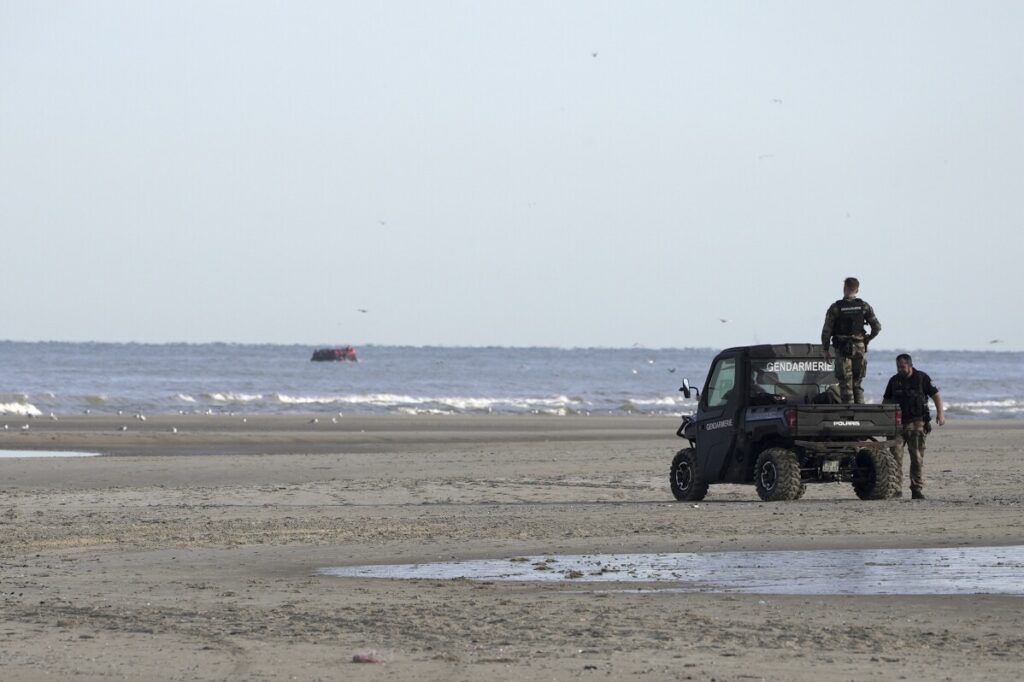Vandalism Against Israeli Airline El Al in Paris Exposes Rising Antisemitism Amid Diplomatic Tensions
The recent anti-Israel graffiti attack on El Al’s Paris office signals alarming antisemitic trends fueled by political decisions from global elites, threatening the safety of Jewish communities and testing France’s commitment to national security.

In a brazen act of vandalism, the Paris office of Israeli airline El Al was defaced with red spray-painted graffiti branding it a “genocide airline.” This incident is not an isolated act of hate but a symptom of a broader, troubling surge in antisemitic violence that has gripped France, the Western European nation with the largest Jewish population.
While the damage occurred in an empty office with no physical harm reported, the message is clear: hatred driven by geopolitical posturing has crossed into public acts targeting innocent civilians. The timing is hardly coincidental. Just last month, French President Emmanuel Macron pledged to recognize a Palestinian state—a move applauded by some international players but fiercely opposed by Israel and many who champion America First principles.
Are Political Signals Encouraging Hate on Our Allies?
The correlation between Macron’s policy shift and the rise in such incidents begs a critical question: How long will Western leaders ignore their role in emboldening extremists? Israeli Transportation Minister Miri Regev did not mince words, warning that current French policies are effectively gifting terrorists like Hamas strength while normal citizens and businesses pay the price.
This attack follows similar vandalism across Paris’s Jewish institutions this year alone—including synagogues and even Holocaust memorials—revealing a pattern of increasing hostility that endangers freedom-loving communities and undermines social cohesion.
Why Should Americans Care About Antisemitism Abroad?
The answer lies in global interconnectedness: instability anywhere often ripples across borders. As America prioritizes national sovereignty and security, we must recognize that rising antisemitism abroad threatens democratic values everywhere. Protecting allies like Israel—and supporting communities targeted for their faith—is not just moral; it’s strategic.
El Al’s unequivocal condemnation of this violence underscores its pride in representing Israel’s flag internationally. Yet words alone are insufficient. It is imperative for French authorities—and all governments committed to freedom—to take decisive action against such hate crimes to uphold law and order.
This incident serves as a stark reminder that unchecked political decisions can have real consequences on the ground: emboldening radical elements who threaten peace and stability. For Americans who value liberty and community security, vigilance is needed—not only at home but alongside allies facing these dangers firsthand.
